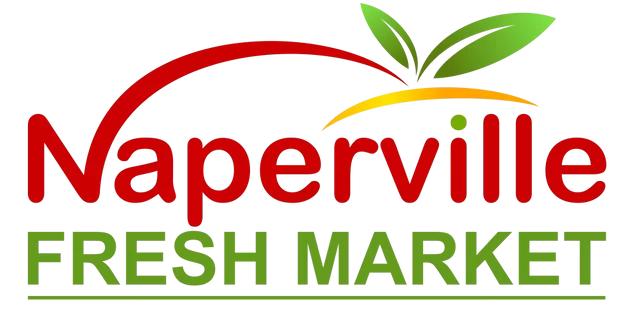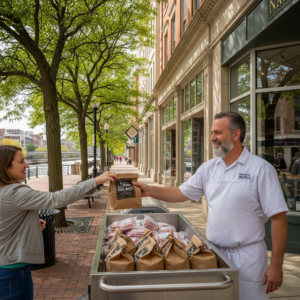
In the quest for high-quality and culturally sensitive food choices, navigating the supermarket aisles to find Halal meat can be a rewarding yet nuanced experience. This guide aims to assist shoppers in making informed decisions when selecting Halal meat in supermarkets, offering insights into the key considerations and highlighting the available options.
As consumers increasingly seek diverse and culturally significant food options, the demand for Halal meat has risen. This guide serves as a valuable resource for shoppers looking to make informed choices when purchasing Halal meat in supermarkets, providing practical tips and considerations.
Understanding Halal Certification:
One of the first considerations when buying Halal meat is to look for products with reputable Halal certification. Certification ensures that the meat adheres to Islamic dietary laws, encompassing the entire supply chain from sourcing to processing. Recognizable certifications provide assurance to consumers about the authenticity and compliance of the product.
Label Reading Tips:
Navigating the labels on meat packaging is crucial for identifying Halal options. Look for terms such as “Halal certified” or “Zabiha” to ensure that the product meets the necessary religious requirements. Additionally, familiarize yourself with common certification symbols, as different certifying bodies may use distinct logos.
Fresh vs. Frozen Options:
Supermarkets often offer both fresh and frozen Halal meat options. Consider your culinary preferences and meal planning when choosing between the two. Fresh Halal meat is ideal for immediate use, while frozen options provide convenience and an extended shelf life, allowing for long-term storage.
Organic and Grass-Fed Choices:
For health-conscious shoppers, exploring organic and grass-fed Halal meat options is worthwhile. These choices not only align with ethical and sustainable practices but also offer health benefits. Organic and grass-fed meats are often free from hormones and antibiotics, providing a cleaner and more natural product.
Diverse Meat Cuts:
Supermarkets typically offer a variety of Halal meat cuts to cater to different culinary needs. Whether you’re looking for lamb, beef, or poultry, explore the diverse cuts available – from tenderloins to ground options. Understanding the versatility of Halal meat cuts enhances your ability to diversify your meals.
Specialty Sections and Ethnic Aisles:
Some supermarkets have dedicated sections or ethnic aisles that cater specifically to cultural and religious dietary preferences. Explore these areas to find a broader range of Halal meat options, including traditional cuts and specialty products that may not be readily available in mainstream sections.
Connecting with Local Butchers:
Building a relationship with local Halal butchers can be an excellent strategy for obtaining high-quality and personalized service. Local butchers often provide customization options for cuts and may offer insights into the sourcing and processing of their meat.
Buying Halal meat in supermarkets is a fulfilling experience when armed with the right knowledge. By understanding certification, reading labels, exploring diverse options, and connecting with local resources, shoppers can confidently embrace Halal choices that align with their cultural, ethical, and culinary preferences. This guide empowers shoppers to make informed decisions, fostering a positive and enriching shopping experience in the quest for Halal meat.



